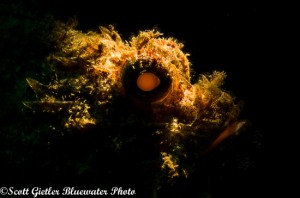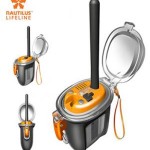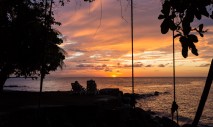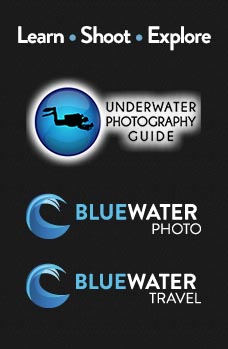Brent and Quinn are about to start an epic 8-week journey through SE Asia, making daily photo and video updates on this blog.
While travelling and diving through Asia is generally a safe experience, there can be some dangers that people need to be aware of, especially when you are there for 8-weeks, diving 3-4 times a day like Brent and Quinn will be. Here are the top 5 things they will need to lookout for:
#1 – Coral cuts, jelly stings
Coral, hydroids, bristle worms, jellyfish, box jellies, lionfish, scorpionfish, stonefish, and other marine life can inflict nasty cuts, stings or wounds. Not having exposed skin really helps prevent these injuries. Stonefish stings are the worst, by far – look at pictures here. I’ve seen them in Bali, they are very hard to spot. Don’t step on rocks, they may be stonefish.
#2 – Malaria
Papua New Guinea is a Malaria area. Taking anti-malaria pills will help reduce the risk immensely, as will avoiding mosquitoes. Here is a map that shows the number of cases in different areas of PNG.
#3 – Ear problems
Repeated diving day after day increases the change of ear inflammation and infections. Obviously this would be a huge problem because it would cut down on Brent and Quinn’s diving, although they could then get more blog posts up. Regularly using eardrops will help prevent issues, as will not equalizing too hard when descending.
#4 – Traffic accidents
Using a scooter or motorcycle is a common form of transportation in SE Asia, but there are also a lot of accidents, and they aren’t pretty. Don’t be afraid to tell your driver to take it easy, or better yet, avoid riding on scooters or motorbikes. Generally speaking, diving is a much safer activity!
#5 – Getting swept away
Indonesia can have strong currents, especially some areas of Raja Ampat and Bali. In fact, a couple Japanese divers recently died after being swept away while diving Nusa Penida, Bali. Having an SMB and using dive operators with properly trained boat drivers is a must when diving high current areas. We also highly recommend getting a Nautilus Lifeline water-proof radio.
With a little precaution and common sense, these dangers can be avoided. Most travelers come back from their trips unscathed. Still, it is better to be safe than sorry, so be safe out there! Brent and Quinn got proper vaccines, brought a good amount of medicine, and upped their DAN insurance. Let’s hope they have a safe trip. – Scott Gietler











